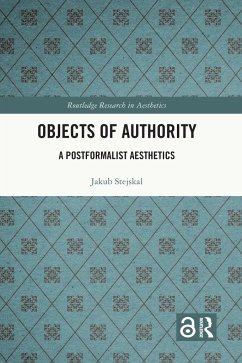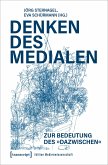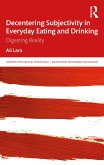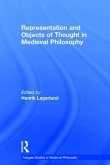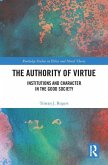Is the celebrated elegance of Cycladic marble figurines an effect their Early Bronze Age producers intended? Can one adequately appreciate an Assyrian regal statue described by a cuneiform inscription as beautiful? What to make of the apparent aesthetic richness of the traditional cultures of Melanesia, which, however, engage in virtually no recognizable aesthetic discourse? Questions such as these have been formulated and discussed by scholars of remote cultures against the backdrop of a general scepticism about the prospects of escaping the conditioning of one's own aesthetic culture and attuning to the norms of a remote one. This book makes a radical move: it treats the remote observers' lack of aesthetic insight not as a hindrance to aesthetic analysis, but as a condition requiring an aesthetic theory that would make room for an aesthetic analysis independent of the model of competent aesthetic judgement or appreciation. Objects of Authority represents a rare effort at bringing together methods and concepts that are often addressed by separate disciplines. It will appeal to scholars and advanced students working on philosophical, art-historical, and anthropological theories of visual art and material culture.
Hinweis: Dieser Artikel kann nur an eine deutsche Lieferadresse ausgeliefert werden.
Hinweis: Dieser Artikel kann nur an eine deutsche Lieferadresse ausgeliefert werden.

